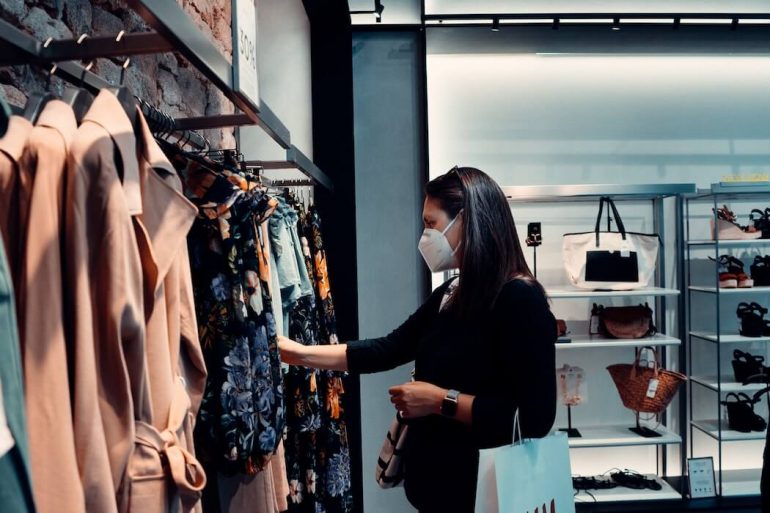Ontario-based supercluster Next Generation Manufacturing Canada (NGen) is set to announce today the investment of more than $6 million in three projects from Canadian companies focused on fighting the COVID-19 pandemic.
The investments include Kitchener-based Cloud DX, Boisbriand, Quebec-based Exacad, and Toronto’s Myant. The companies will be receiving a collective $6.05 million for three separate projects.
Minister of Innovation Navdeep Bains is set to speak to the investment during the daily ministers’ briefing on Tuesday.
The three companies are receiving funding through NGen’s commitment to invest $50 million in companies responding to the COVID-19 pandemic. The move is part of a larger commitment by the federal government to refocus its pan-Canadian superclusters during the pandemic. Bains announced the move in early March.
NGen’s goal is to build a Canadian supply of “critically needed technologies, equipment, and medical devices to aid in the fight against COVID-19.” A number of superclusters have also announced COVID-related investments over the past few months.
Details on the NGen $6 million investment:
- Cloud DX – Kitchener, is set to receive d $1.75 million from NGen as it looks to develop a solution to remotely monitor COVID 19 patients with non-acute symptoms who have been sent home from the hospital but may require virtual care at home to fully recover. The overall project is set to cost $3.5 million.
- Exacad – Boisbriand, is set to receive $1.8 million from NGen, covering 100 percent of the cost of its project. Exacad is working on a solution related to the purchase of new equipment. According to NGen this work will contribute to the increased production of advanced plastic medical molds to produce the plastic consumables needed for rapid diagnostics related to COVID-19.
- Myant – Toronto, is set to receive $2.5 million from NGen, which represents 50 percent of the total $5 million cost of its project. Myant is working to manufacture and deploy a textile-based wearable health monitoring system that could enable remote detection and triaging of COVID-19 symptoms.
Myant has developed knits sensors and actuators for everyday textiles, giving them the ability to sense and react to the human body. NGen pointed to possibly using the tech to provide care to patients who have limited ability to reach such services, such as those in elder care homes, remote indigenous communities, women’s shelters, homeless shelters, and more.
“During an unprecedented and challenging time, Canada’s advanced manufacturing companies have really stepped up to the plate and developed innovative solutions that will save lives and improve healthcare,” said Jayson Myers, CEO of NGen. “Every single one of these new manufacturing technologies will not only meet the immediate demands of the COVID-19 pandemic, but also build world leading capabilities in Canadian manufacturing innovation that will support the future well-being and economic prosperity of Canadians as we move forward.”
Of the $50 million NGen dedicated for COVID-19 projects, $27 million has been deployed, to date, for a total of 19 projects.
“Our commitment is to support Canadians through this crisis with the best Made in Canada healthcare technologies,” said Bains. “We have an incredibly talented and motivated manufacturing base, and with the support of supercluster funding through organizations like NGen, we are creating solutions that will serve all Canadians.”
Bains is also set to announce a new deal between the federal government and Markham-based tech company Lind Technology, which is developing a UV solution to help sanitize PPE and workplaces.

